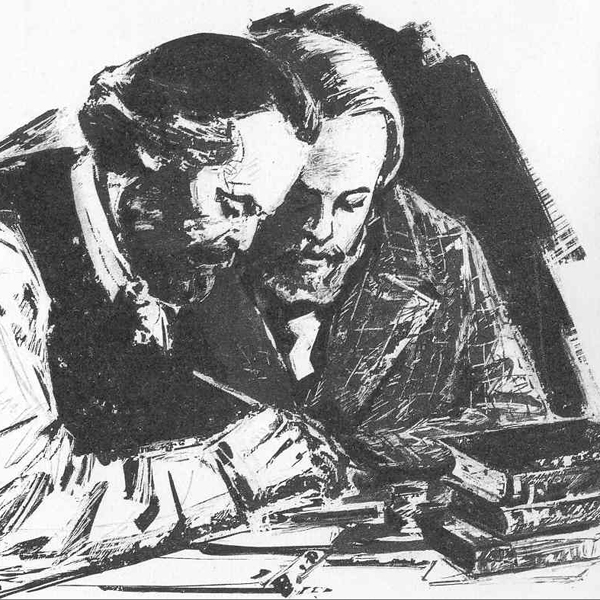
Platypus Reading Group at Dartmouth College
Tuesdays 4-7 PM
McCulloch Hall, basement seminar room*
• required / + recommended reading
Week 5. What is Marxism? I. Socialism | Oct. 31, 2017
• Marx, selections from Economic and philosophic manuscripts (1844), pp. 70–101
+ Commodity form chart of terms
• Marx and Friedrich Engels, selections from the Manifesto of the Communist Party (1848), pp. 469-500
• Marx, Address to the Central Committee of the Communist League (1850), pp. 501–511
Week 6. What is Marxism? II. Revolution in 1848 | Nov. 7, 2017
• Marx, The coming upheaval (from The Poverty of Philosophy, 1847) and Class struggle and mode of production (letter to Weydemeyer, 1852), pp. 218-220
• Engels, The tactics of social democracy (Engels's 1895 introduction to Marx, The Class Struggles in France), pp. 556–573
• Marx, selections from The Class Struggles in France 1848–50 (1850), pp. 586–593
• Marx, selections from The 18th Brumaire of Louis Bonaparte (1852), pp. 594–617
Week 7. What is Marxism? III. Bonapartism | Nov. 14, 2017
+ Karl Korsch, "The Marxism of the First International" (1924)
• Marx, Inaugural address to the First International (1864), pp. 512–519
• Marx, selections from The Civil War in France (1871, including Engels's 1891 Introduction), pp. 618–652
+ Korsch, Introduction to Marx, Critique of the Gotha Programme (1922)
• Marx, Critique of the Gotha Programme, pp. 525–541
• Marx, Programme of the Parti Ouvrier (1880)
Week 8. What is Marxism? IV. Critique of political economy | Nov. 21, 2017
+ Commodity form chart of terms
• Marx, selections from the Grundrisse (1857–61), pp. 222–226, 236–244, 247–250, 276–293 ME Reader pp. 276-281
• Marx, Capital Vol. I, Ch. 1 Sec. 4 "The fetishism of commodities" (1867), pp. 319–329
* McCulloch is a residence hall connected to Brace Commons, behind 17 East Wheelock Street in Hanover. Street parking is available in front of the Dartmouth Gym. To gain access to the building, meet at the Brace Commons entrance which is located at the back of the courtyard to the right of 13 East Wheelock (a large white house).
Once inside the outer door, take a right and walk down a long hallway into McCulloch. Find stairs on your left, if you see a pool table you have gone too far. The McCulloch Seminar room is in the basement to your right after you get out of the stairwell.
If you do not have a Dartmouth ID card, you may need assistance entering the building. Please contact us ahead of time and we will make sure you can get inside.
10. November jeden Freitag von 18 bis 21Uhr statt.
Ort: Universität Köln

